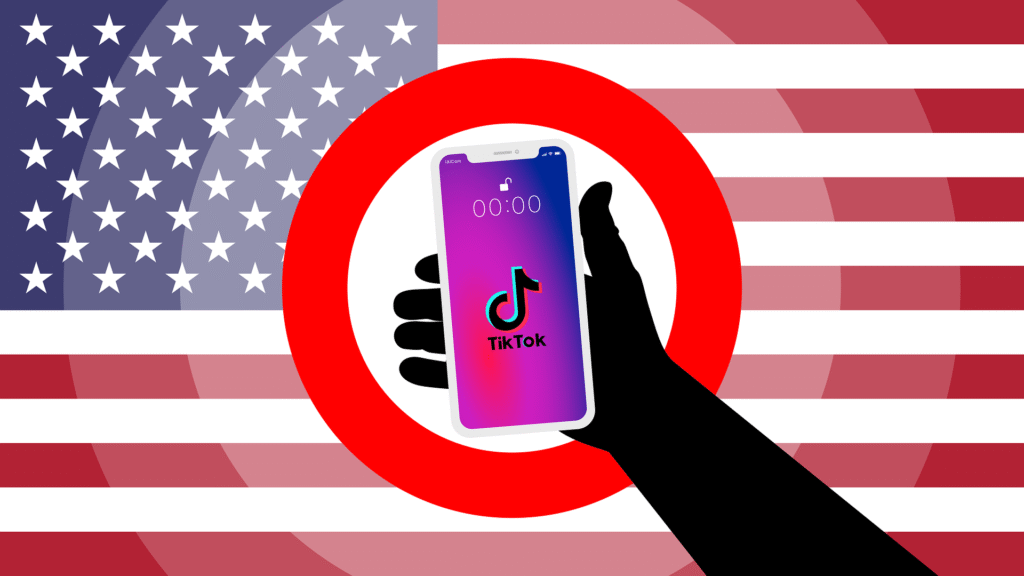

Early on Friday 18 September, the U.S. Department of Commerce published two actions restricting transactions with the Chinese owned apps TikTok and WeChat. The orders implement President Trump’s Executive Orders (EO) of 11 August 2020 requiring that the Secretary of Commerce restrict transactions with these apps and their parent companies, Bytedance and Tencent, respectively, in response to the alleged threat that Chinese mobile applications pose to U.S. national security. Authority for the actions stem from the May 2019 Executive Order 13873, “Securing the Information and Communications Technology and Services Supply Chain,” which declared a national emergency with respect to “foreign adversaries… creating and exploiting vulnerabilities” in ICT goods and services available in the U.S.
Today’s actions clarify the EO and identify the specific transactions that it restricts. The orders take symmetrical action restricting the two apps in almost identical ways. The orders:
- Only restrict to transactions relating to the TikTok and WeChat apps, not the Bytedance and Tencent parents more generally
- Only restrict transactions “within the land or maritime borders of the United States and its territories,” not in other jurisdictions (including in China)
Transactions restricted include:
- App store or marketplace distributing or maintaining the WeChat application, code, or updates
- Internet hosting services that enable the functioning or optimization
- Content Deliver Network (CDN) services that enable the functioning or optimization
- Internet transit or peering services which are directly contracted
- Integrations utilizing constituent code, functions, or services in the functioning of other software or services accessible in the U.S.
The WeChat order also restricts transferring of funds or payment processing with U.S. parties. It also takes full effect on 20 September, while most elements of the TikTok order are delayed until 12 November, shortly after the election. This both reduces potential backlash from TikTok users, provides U.S. commercial partners more time to sever relationships, as well as gives potential purchasers such as Oracle or Microsoft further time to work out a deal.
Explicitly, the orders only apply to business-to-business transactions, not to activities of individual users, for whom both apps will continue to function. However, new downloads will be restricted, and performance will be degraded as CDN, other facilitating services, and future updates are cut off.
Many businesses will breathe a sigh of relief that the impact of the order is limited to the United States and not transactions in China. Companies such as Apple will not be barred from hosting WeChat or other Tencent applications in China, avoiding a potentially crippling blow to their business in that market. This is also true for companies with operations throughout Asia, who can continue to use WeChat to support their businesses across the region.
In the immediate term, U.S.-based executives who use WeChat to communicate with contacts in China can also still do so, since the order does not restrict individuals’ communications. However they may need to look for alternatives as the app’s performance degrades. Degradation of the app’s performance could also make it more difficult for U.S. companies to find Chinese talent: many Chinese immigrants rely on WeChat to communicate with friends and family back home. If they are no longer able to do so from the U.S., they might be more inclined to look elsewhere for career opportunities.